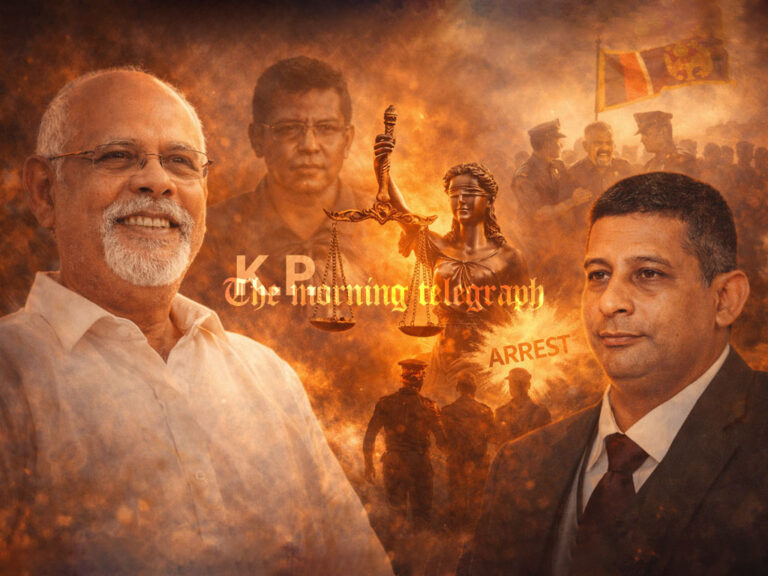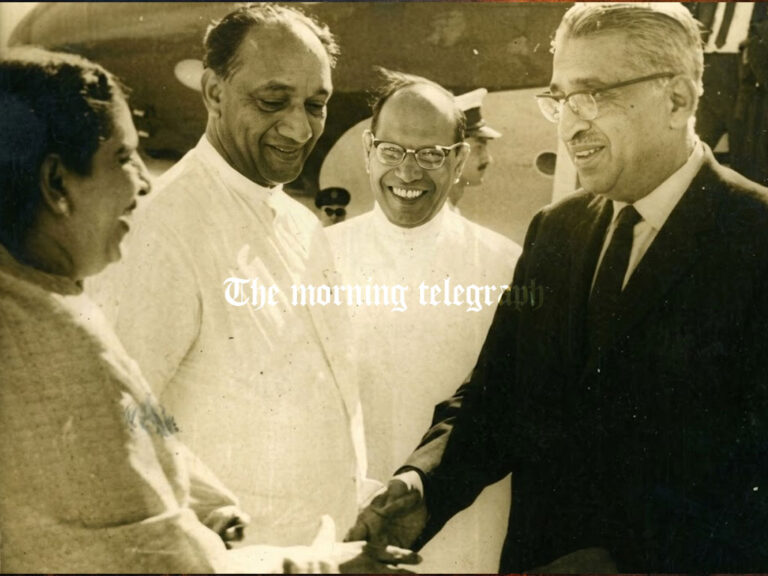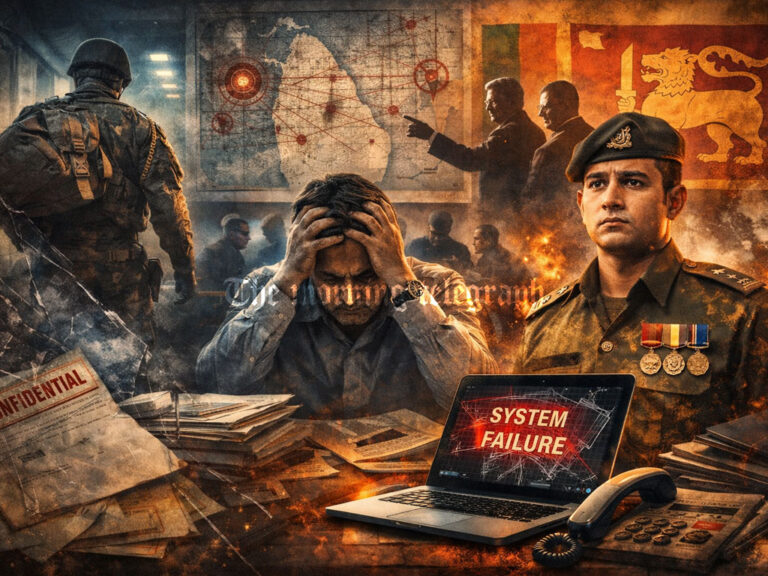
In a turn of events that has put both the government and the Election Commission under scrutiny, Mawbima newspaper has released details of a letter allegedly sent from the Election Commission to the President’s Secretary—raising alarm over potential election law violations and triggering a wave of denials, contradictions, and confusion.
At the center of the storm is a complaint filed by the Election Violence Monitoring Center (CMEV) on April 2, alleging that President Anura Kumara Dissanayake violated Sections 82 (c) and (d) of the Local Government Elections Ordinance by making statements at campaign rallies in Buttala and Tissamaharama that could be interpreted as undue influence and bribery.
The President, during these events, suggested that if local councils were not won by his National People’s Power (NPP), government funding for those areas could be delayed or scrutinized. Conversely, he indicated that NPP-held councils would receive support without hesitation.
CMEV argues that these comments go beyond mere political rhetoric, constituting both a threat and a promise—which, in effect, compromise the principle of a free and fair election. They also contend that such statements, made repeatedly across multiple events, carry even more weight due to the authority of the speaker: the sitting President.
According to Mawbima, an officer in the Election Commission’s Legal Division confirmed that a letter had been sent to the President’s Secretary citing the complaint, in line with the protections afforded to the President under Article 35 of the Constitution—which grants him immunity from legal action but allows communication through official channels.
This information was published as Mawbima’s lead story on April 17, headlined: “No to Stories That Violate Election Laws: M.K. Writes to the President.”
But hours after the paper hit the stands, Election Commission Chairman R.M.A.L. Ratnayake personally called the newsroom, denying that he had signed or authorized such a letter—despite the earlier confirmation from his own legal division.
The contradiction has triggered public outrage and speculation about internal dysfunction within the independent commission, or worse—political interference. The newspaper has since expressed shock and concern over the Election Commission’s contradictory responses within a span of 24 hours.
Meanwhile, CMEV released its own statement, noting that 15 days have passed since it lodged Complaint No. 2025 CMEV/SLG2025/Complaint/01 with the Commission, and that no official response has been received.
“The Commission’s silence is troubling,” CMEV wrote. “This is not just an administrative delay. The substance of the complaint could directly influence the fairness of the upcoming local elections. The people deserve answers.”
The issue now goes beyond a single complaint. It calls into question transparency in the electoral process, the role of the executive during campaigns, and the credibility of institutions tasked with safeguarding democracy.
As the election season intensifies, the silence—or contradiction—of those in charge may speak louder than any speech on a campaign platform.





